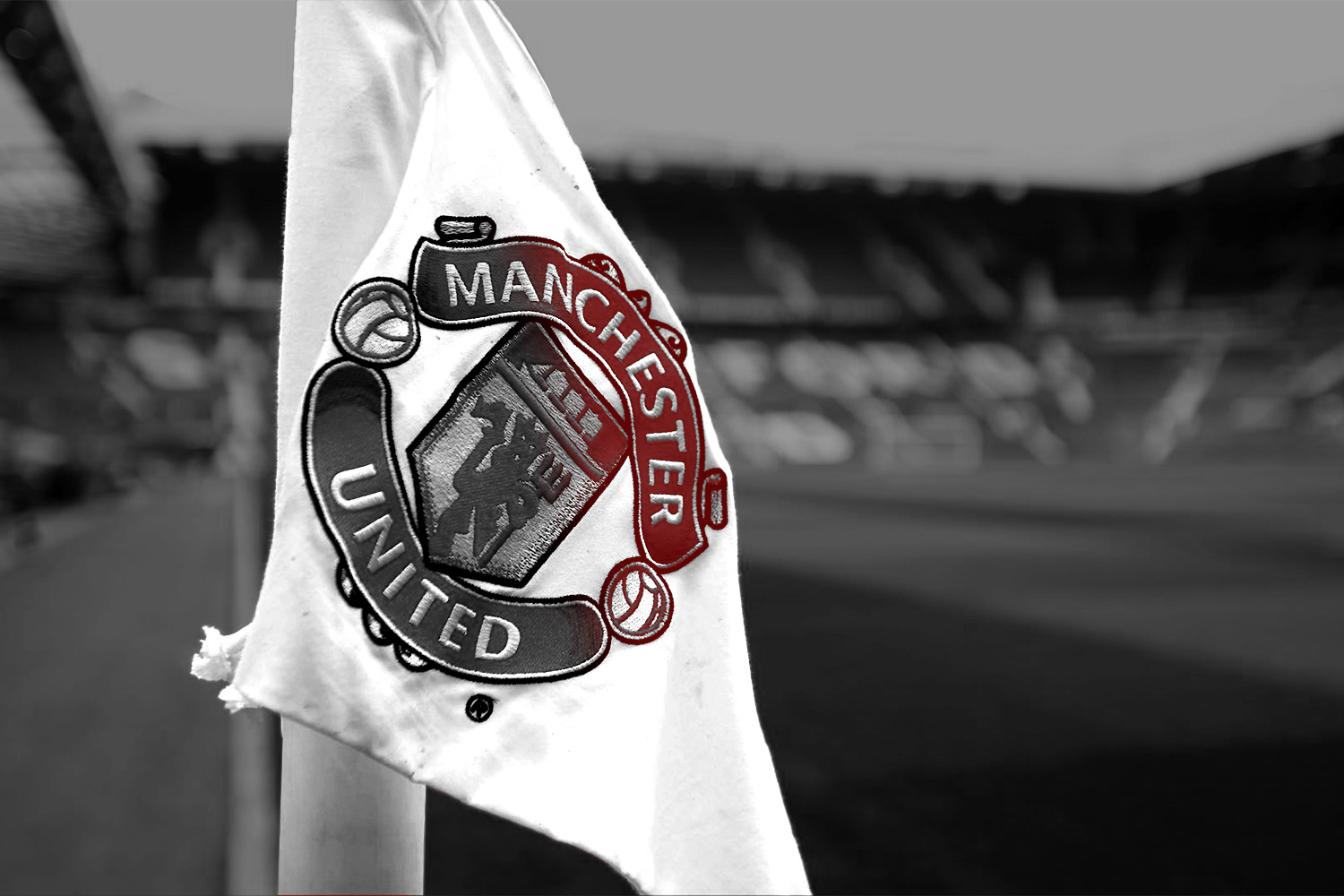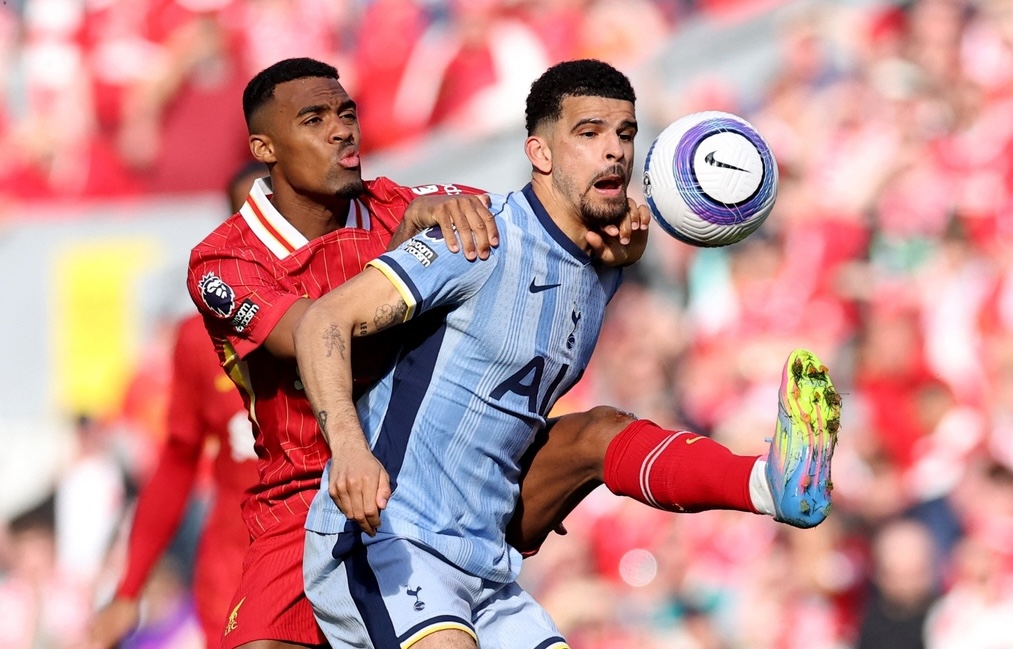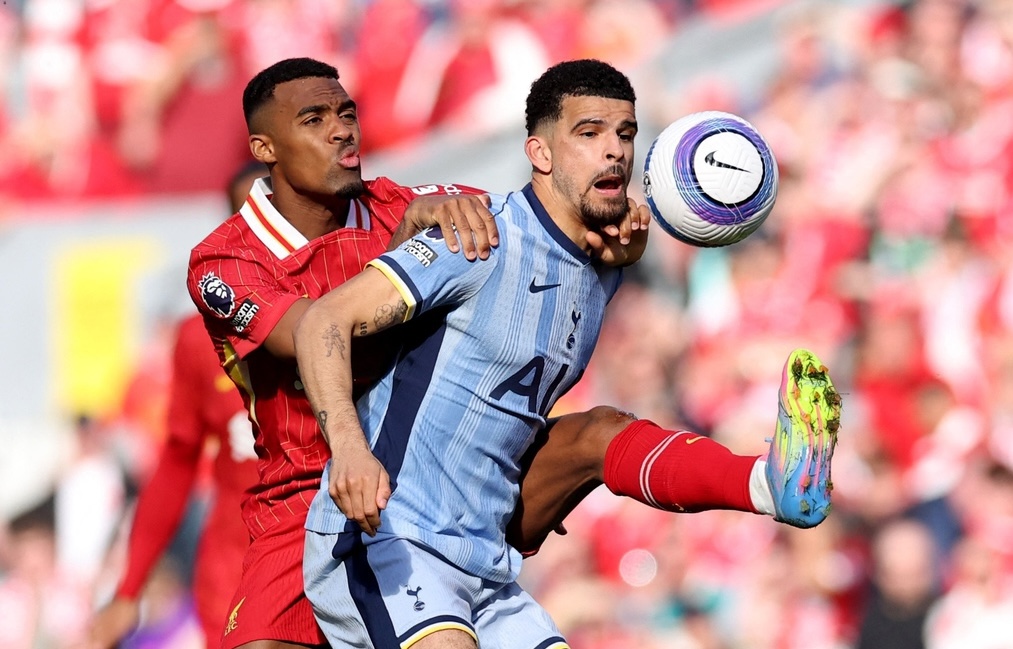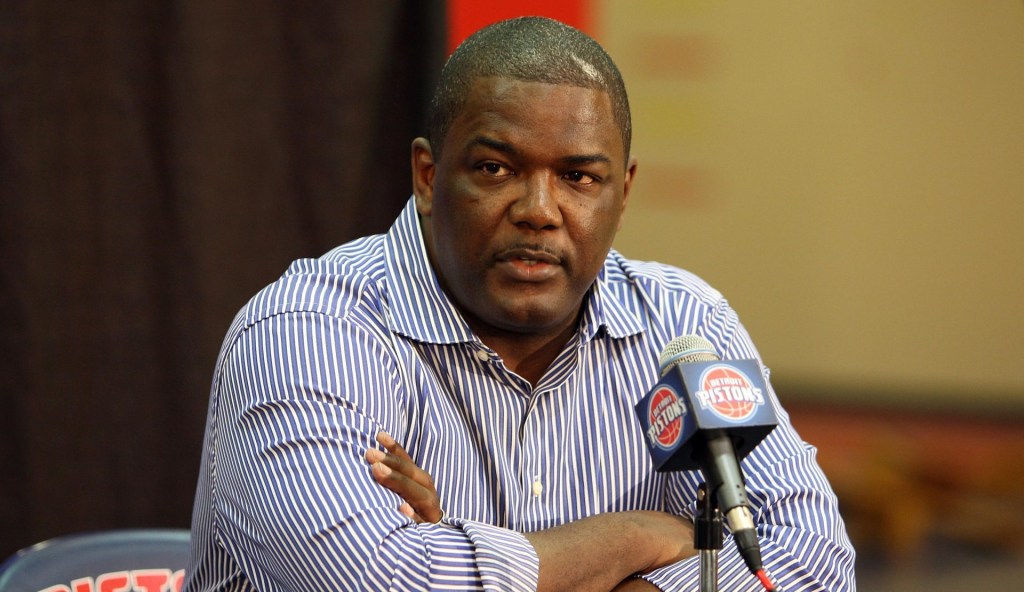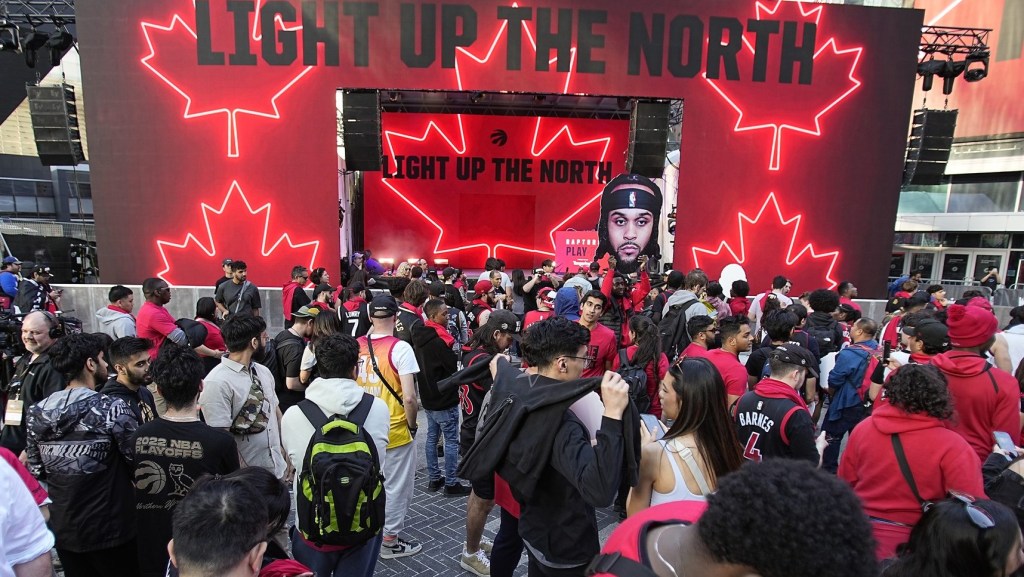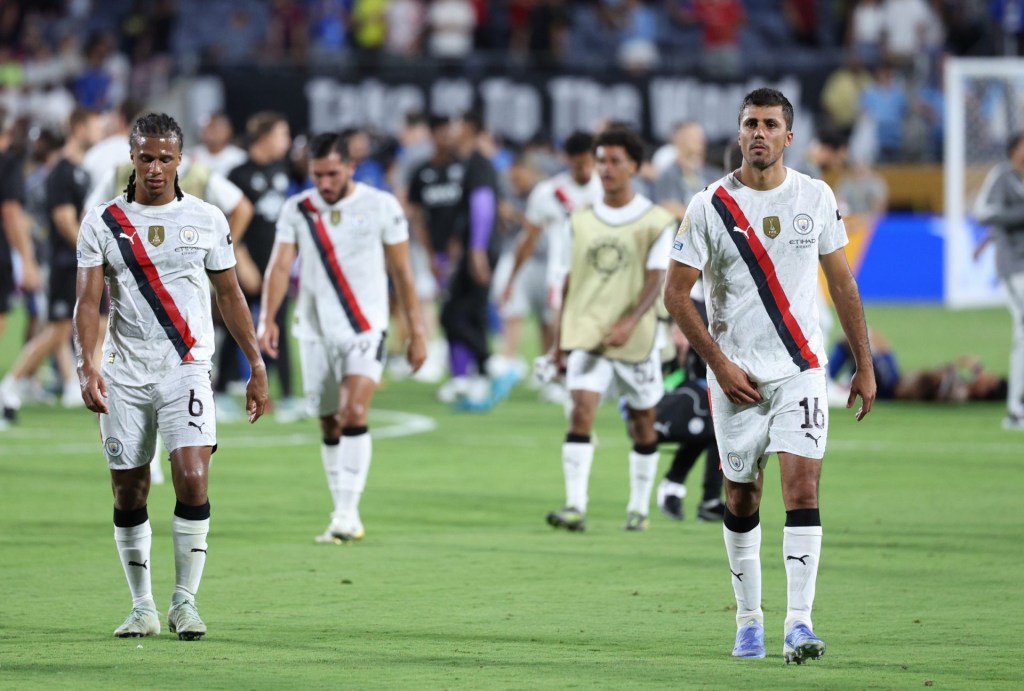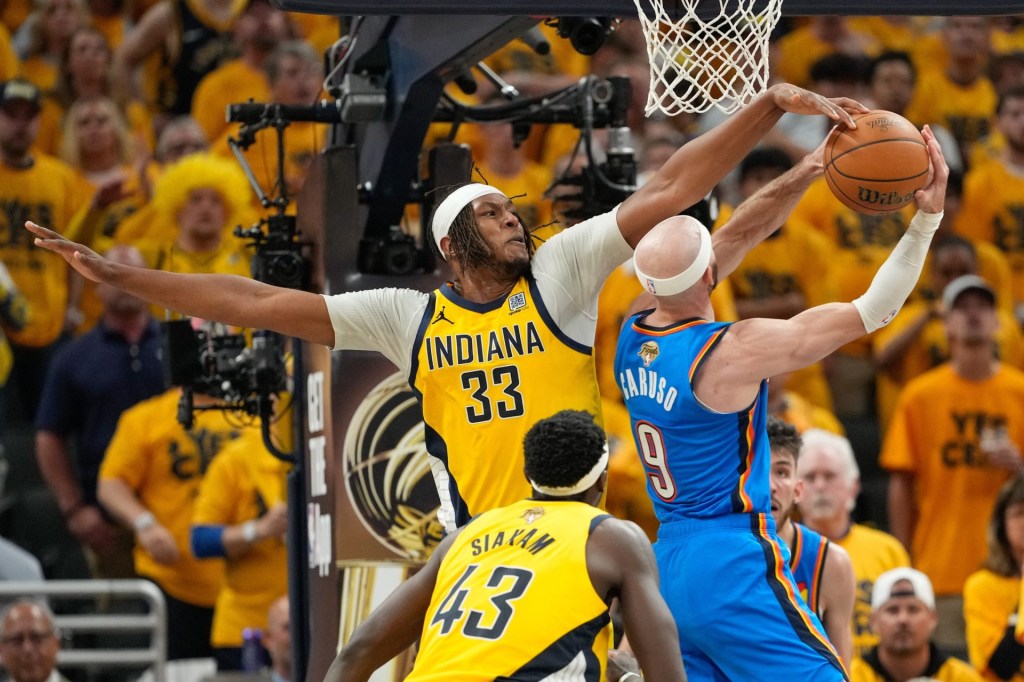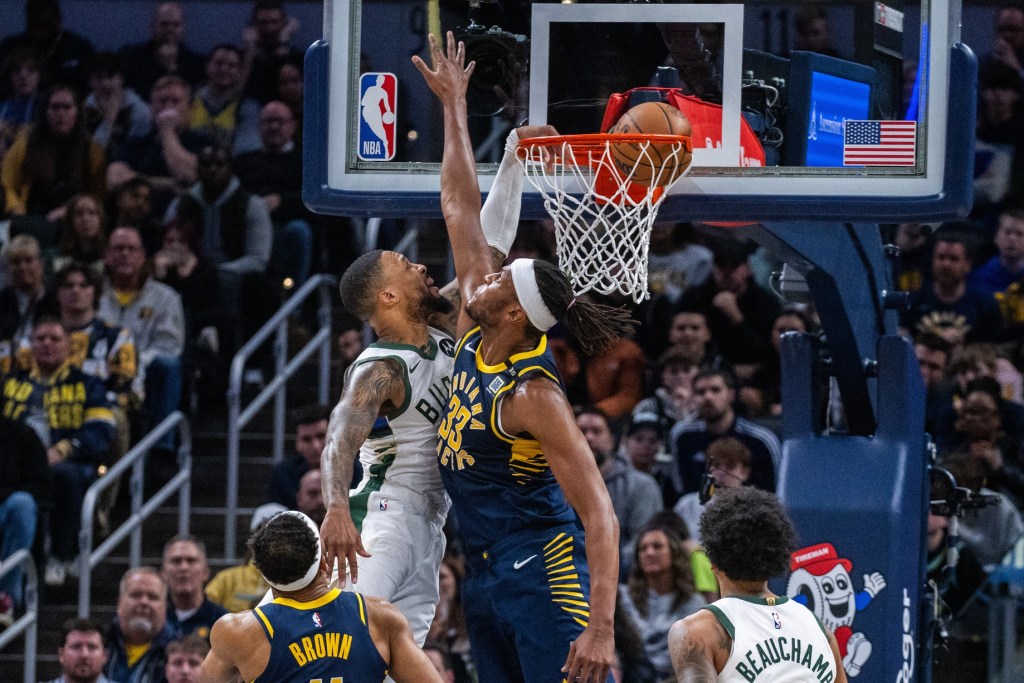Manchester United reported $246.9 million in second-quarter revenue, surpassing analysts’ estimates by 6.7% and jumping 2.9% from the same period last year.
While overall revenue increased from last year’s $228.32 million, some divisions did better than others. Broadcasting revenue fell 20.5% to $115.1 million due to fewer games, while matchday revenue jumped 2,206.7% to $46.1 million thanks to full-capacity crowds at Old Trafford — there was no in-person attendance the year prior.
Commercial revenue grew 2.9%, though its subdivisions were split.
- Sponsorship fell 6.9% year-over-year to $46.9 million, primarily attributed to the end of the club’s training kit deal in May 2021.
- Retail, merchandising, apparel, and product licensing grew 17.7% to $38.9 million. The club credits the increase to higher Megastore and e-commerce revenues, supported by new player signings.
Man U’s net debt as of Dec. 31, 2021 is $658.7 million, but the club seems to be optimistic ahead of hosting the UEFA Women’s Euro 2022 in July.
Changes At Old Trafford
The team appointed Richard Arnold as its new CEO effective Feb. 1 and Ralf Rangnick as interim manager until the end of the season. The team gave Ole Gunnar Solskjaer and his coaching staff around $13.3 million after his firing in November.
Manchester United also launched a fans’ advisory board and signed a new training kit partnership with blockchain company Tezos. Man U signed a global deal with Extreme Networks while also renewing agreements with Concho y Toro, ICICI, Marriott, Maui Jim, and Remington.
